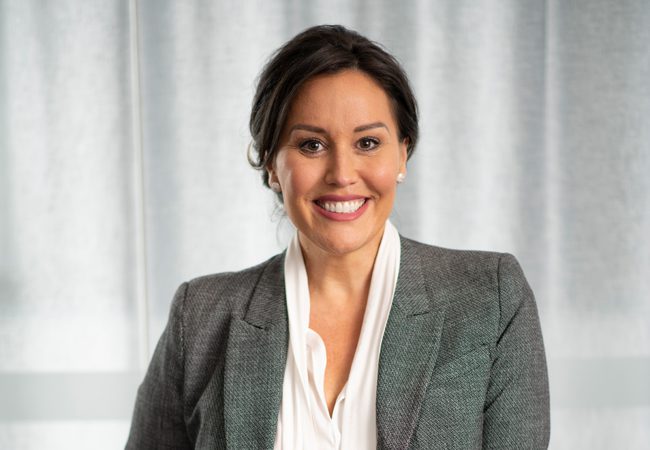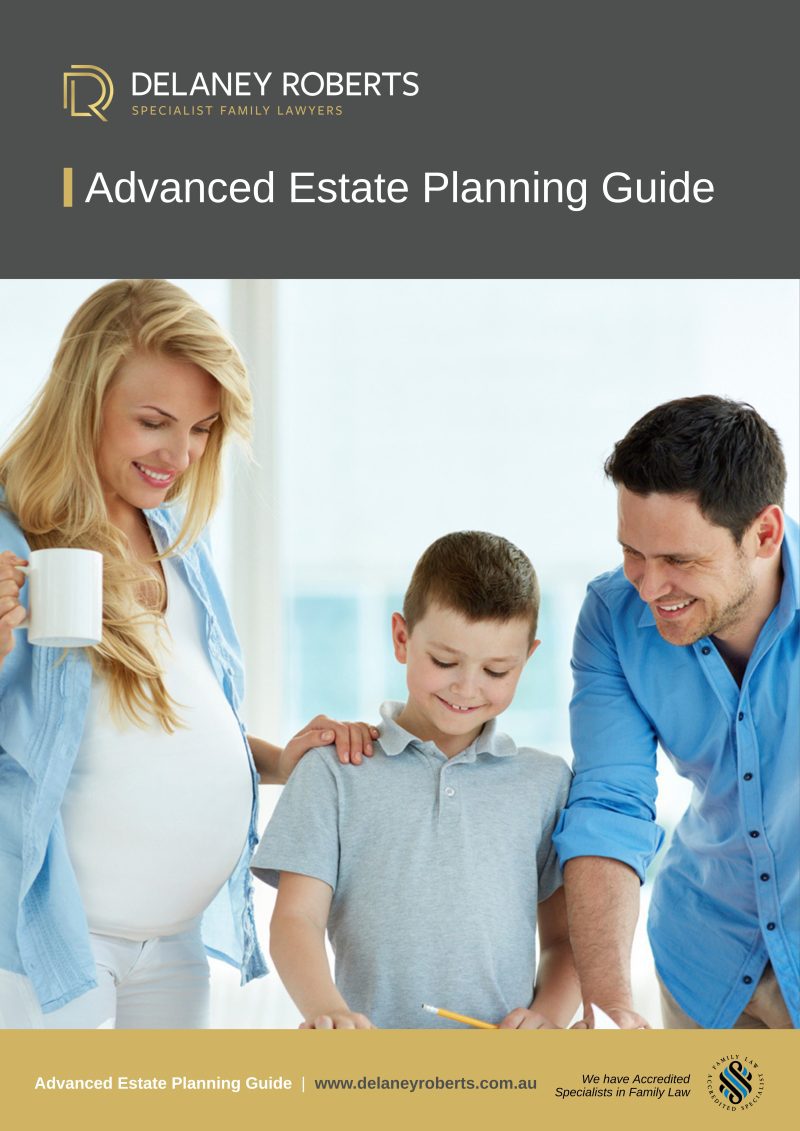Collaborative practice is a dispute resolution process that can be highly successful in reaching a resolution in Family Law property and/or parenting disputes. This is because both parties make a commitment to the process.
Each party and their lawyers enter into an agreement (called a “Participation Agreement”) to work towards an outcome without going to Court. The parties may engage other professional advisors to participate in the process to assist towards reaching a result, such as Accountants, Financial Planners, Psychologists and so on. The parties can also obtain joint reports from experts to assist in the dispute resolution process.
The purpose of Collaborative Practice is to reach a negotiated outcome; it is a voluntary and confidential process where no-one can impose an outcome – it must be agreed by the parties.




















